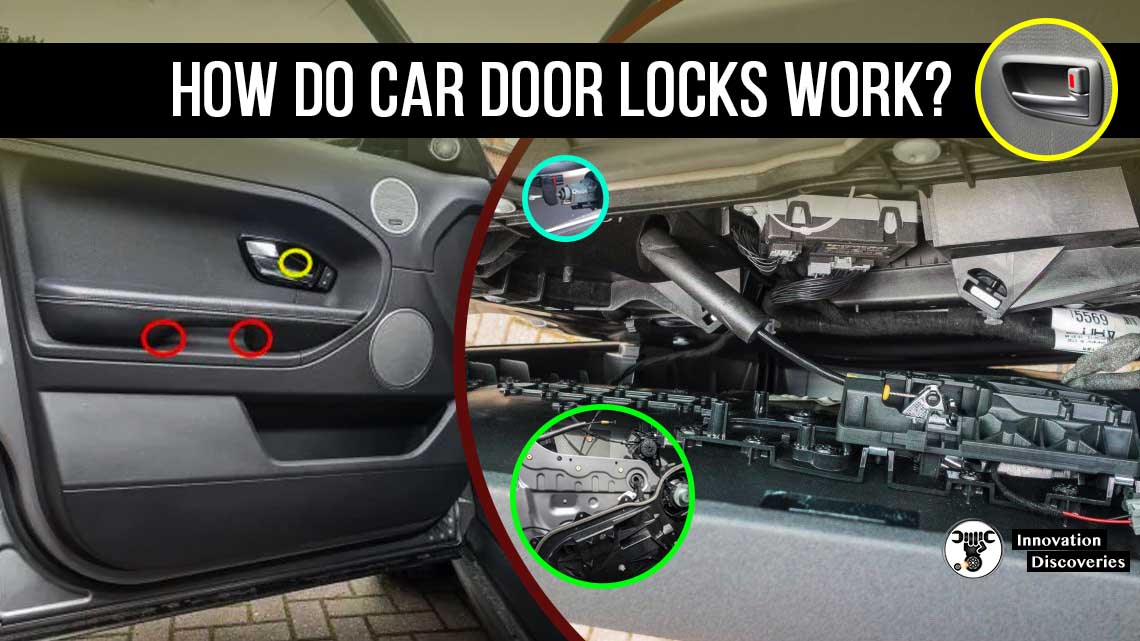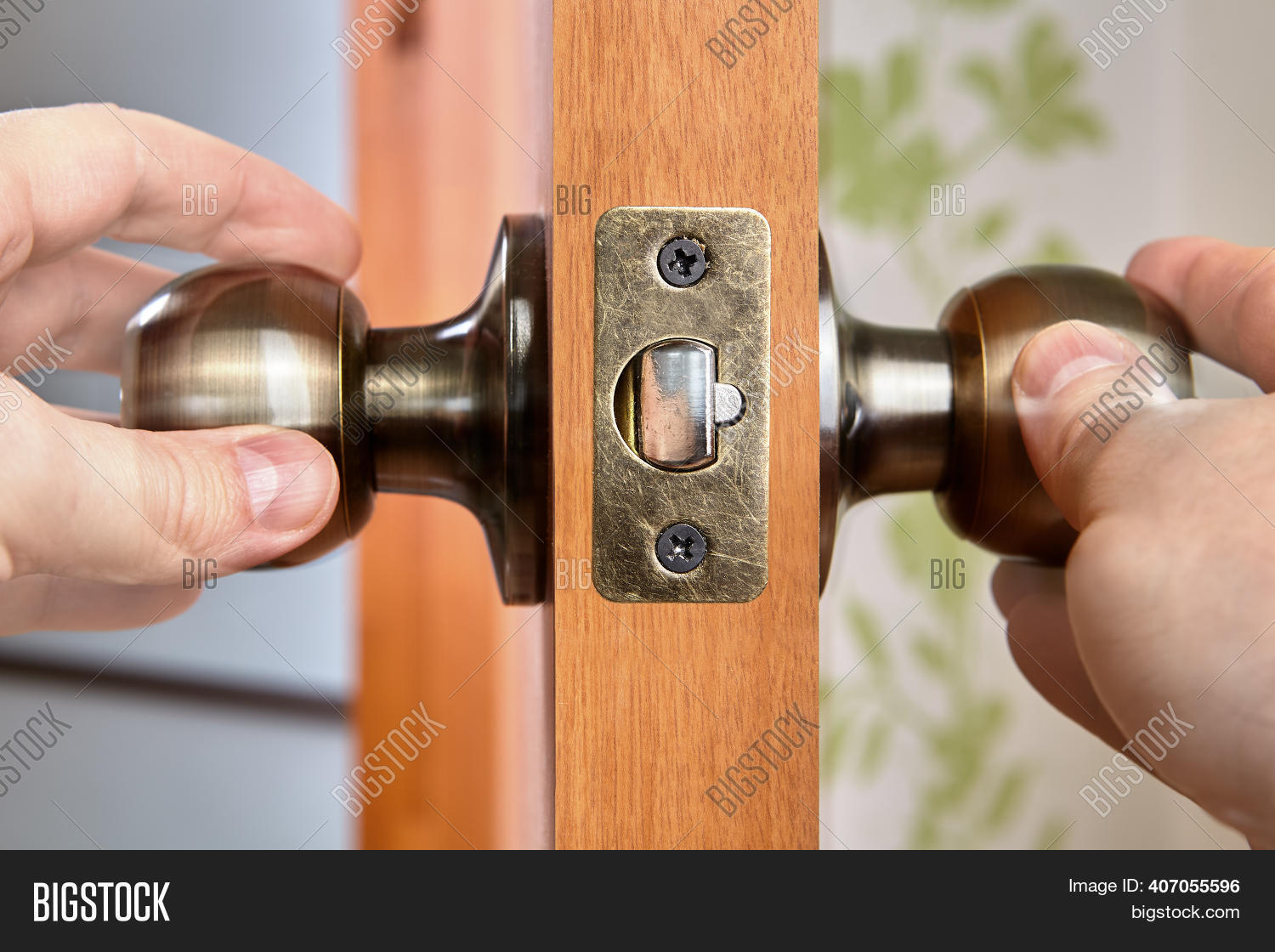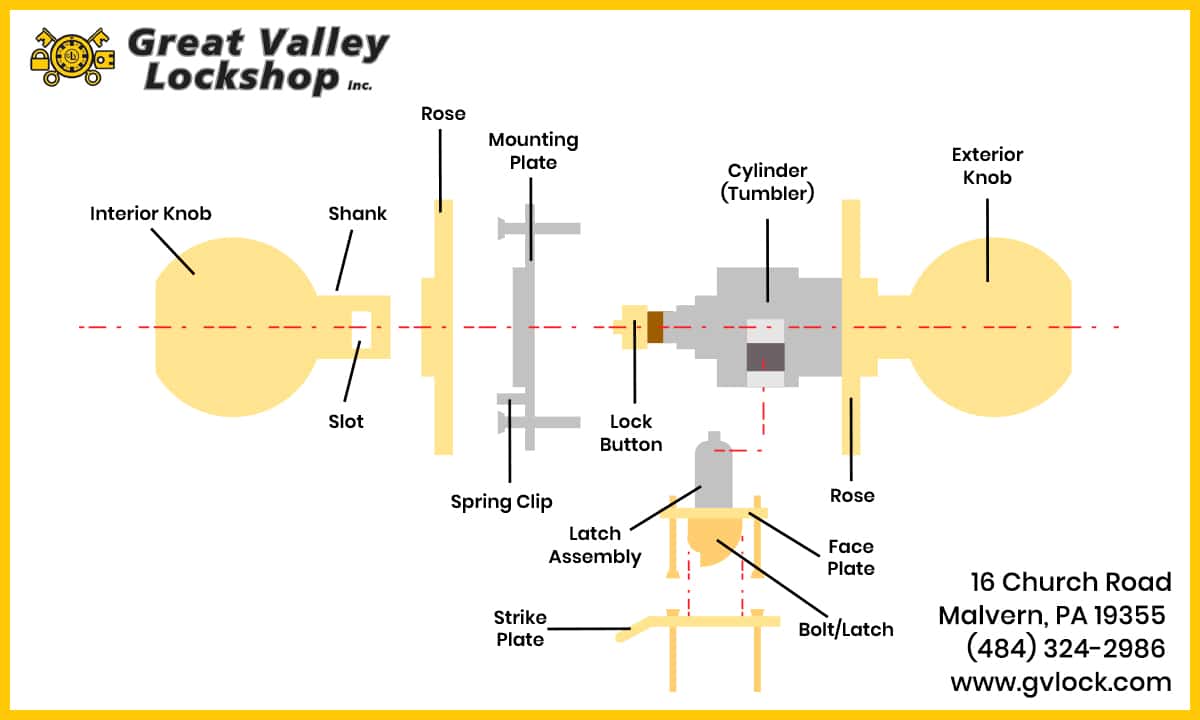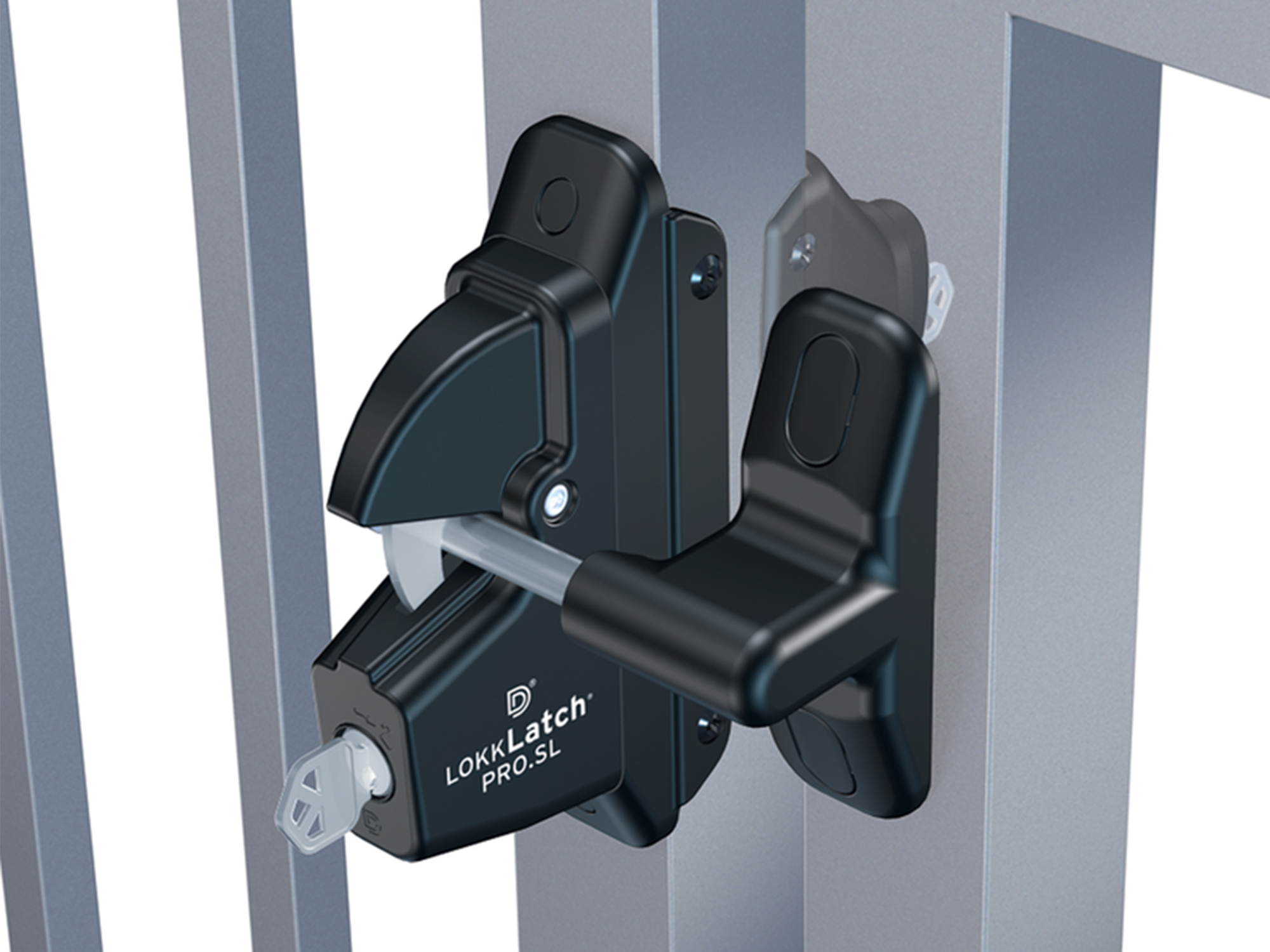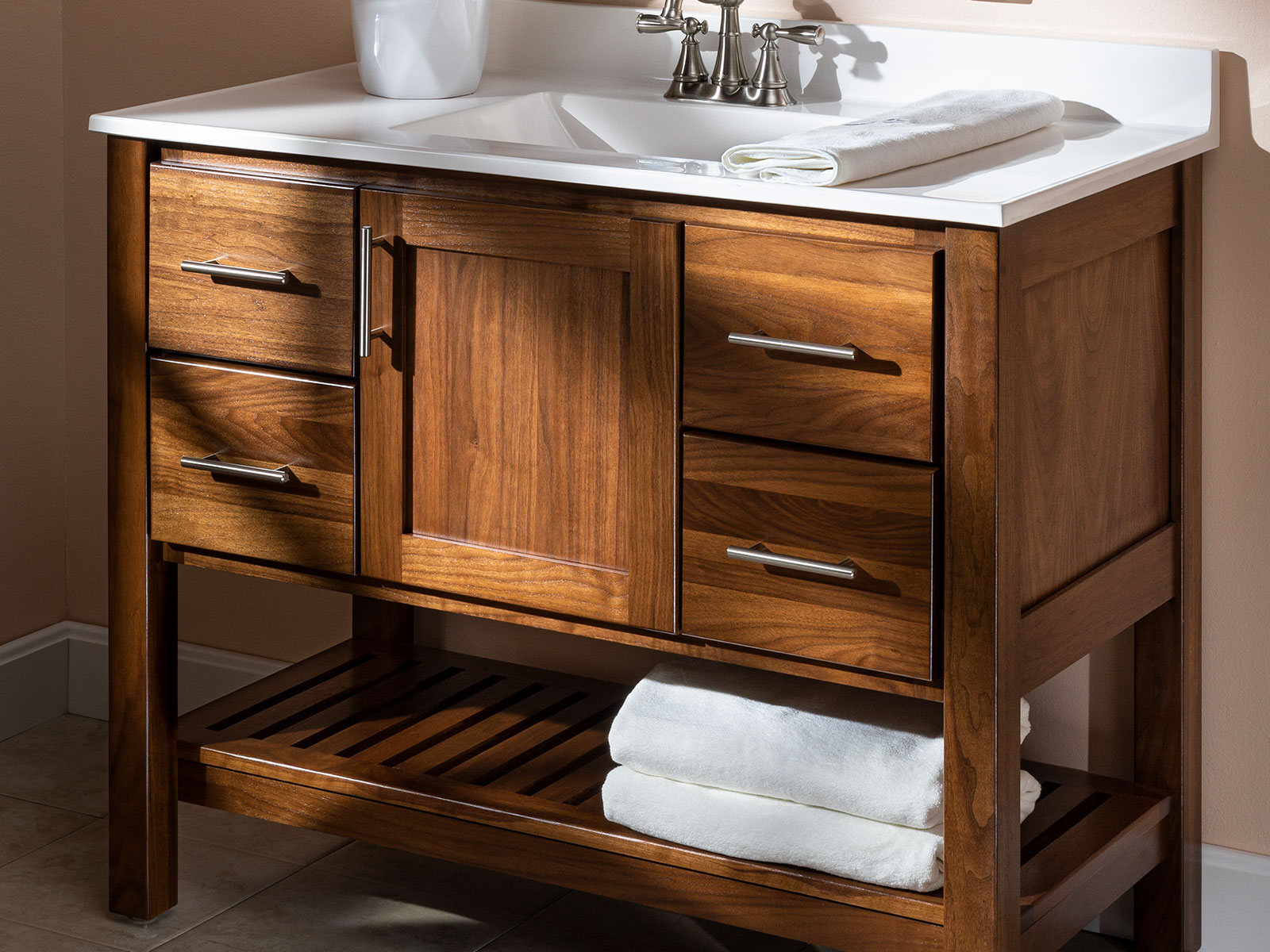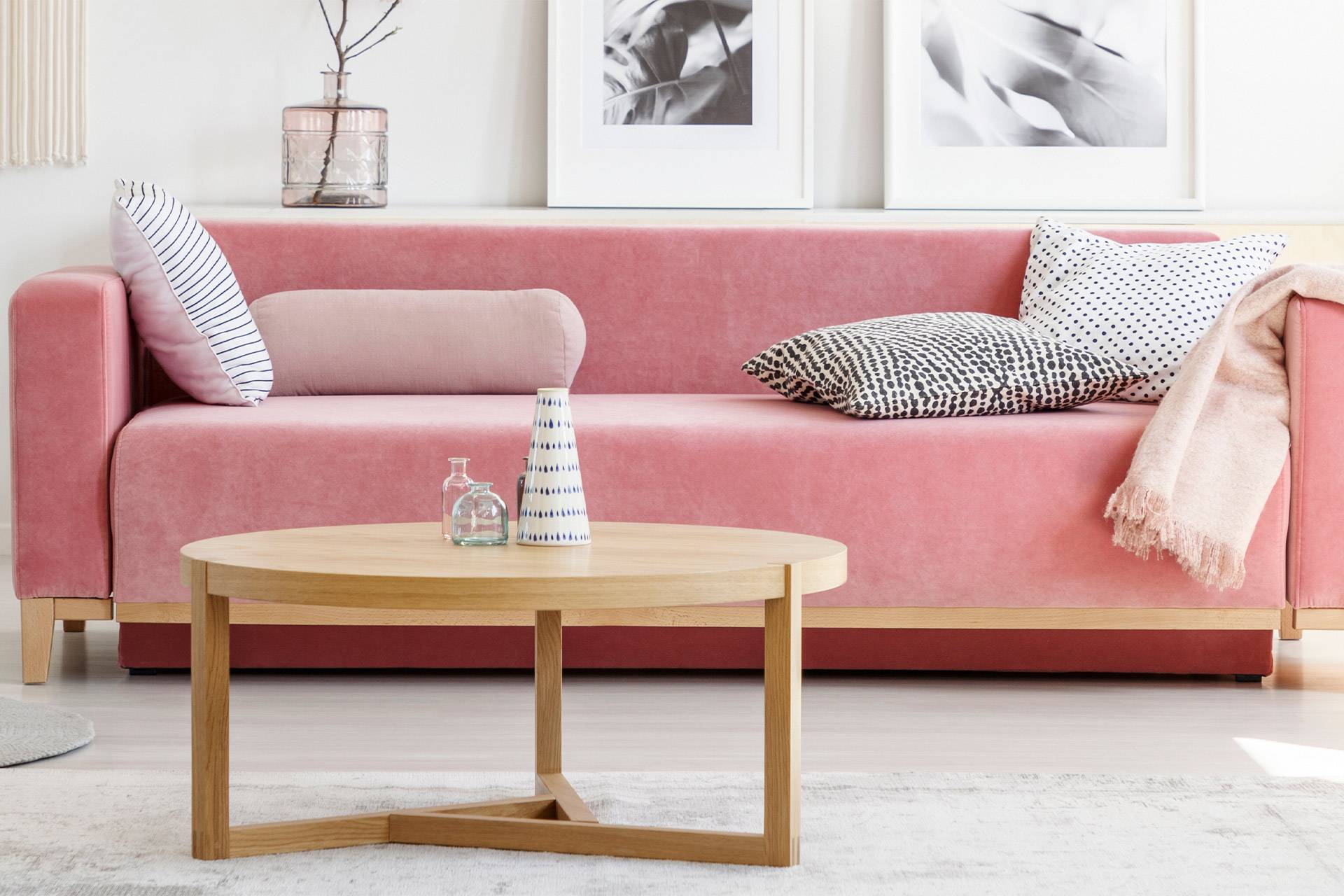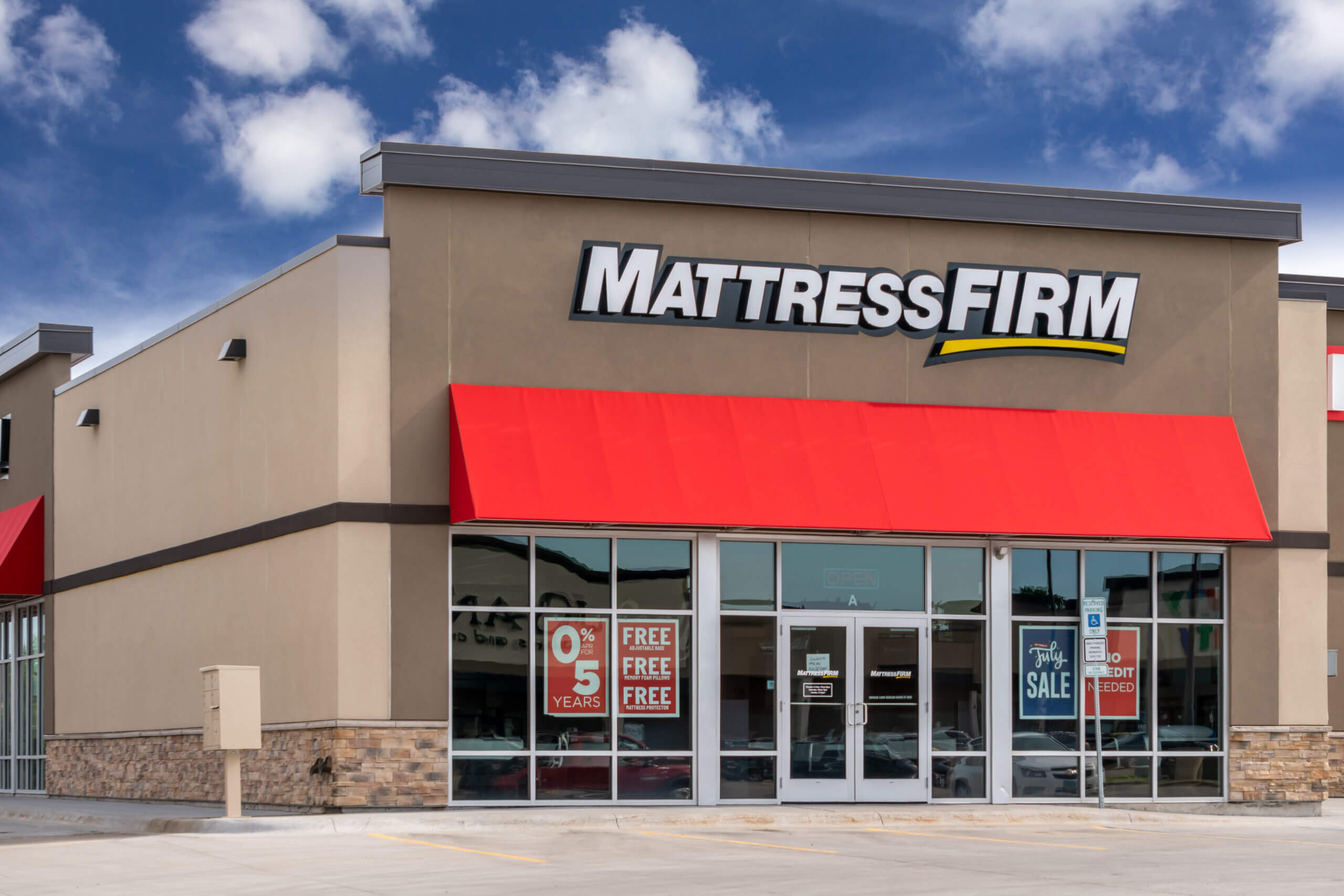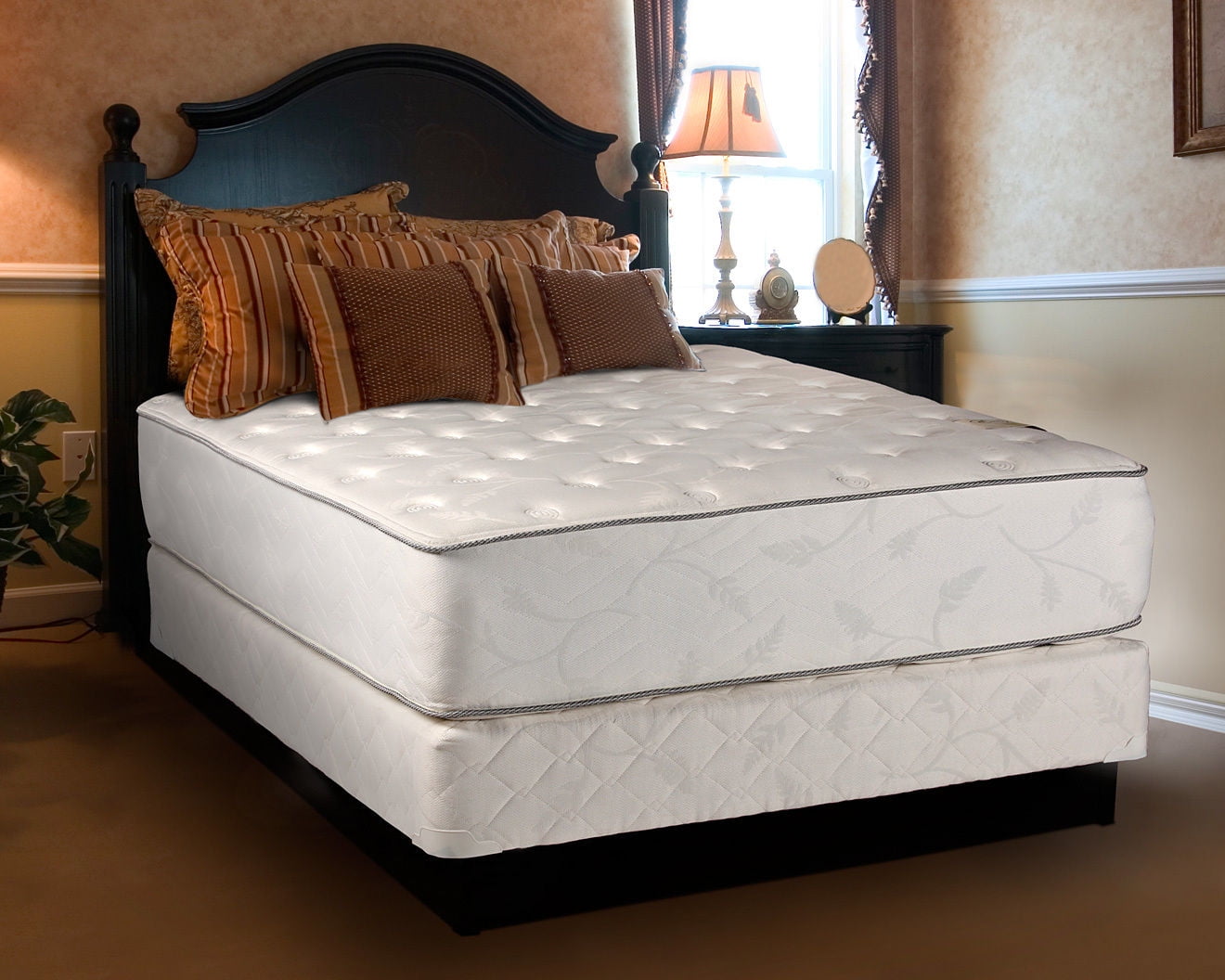When it comes to choosing the right interior doors for your home, it's important to consider not only the style and design but also the functionality. One key aspect of functionality is the latch mechanism. This small but crucial component is what keeps your doors secured and functioning properly. In this article, we will discuss the top 10 interior doors latch mechanisms that you should consider for your home.Interior Doors Latch Mechanism
The mortise lock is a popular and traditional choice for interior doors. It features a rectangular box that is inserted into a pocket or "mortise" that is cut into the edge of the door. The lock is then operated by a key on one side and a knob or lever on the other. This type of latch mechanism provides a sturdy and secure option for your doors.1. Mortise Lock
The tubular latch is another common choice for interior doors. It features a round "tongue" that is inserted into a round hole in the door frame. The latch is then operated by a knob or lever on both sides of the door. This type of latch mechanism is simple and easy to install, making it a popular choice for DIY projects.2. Tubular Latch
A deadbolt is a type of latch mechanism that is used in addition to another lock, such as a mortise lock or tubular latch. It features a bolt that extends into the door frame when locked, providing extra security. Deadbolts are often used on exterior doors, but they can also be used on interior doors for added protection.3. Deadbolt
A privacy latch is a type of latch mechanism that is commonly used for bathrooms and bedrooms. It features a push button or turn mechanism on one side of the door and a release on the other. This allows for privacy when needed, but also allows for easy access in case of emergency.4. Privacy Latch
A passage latch is similar to a privacy latch, but it does not have a locking mechanism. This type of latch is commonly used on doors that do not require privacy, such as closets or pantry doors. It features a simple knob or lever on both sides for easy operation.5. Passage Latch
A dummy latch is a decorative latch that is often used on double doors or French doors. It does not have a functioning mechanism, but it adds a touch of elegance to your doors. This type of latch can be used on either the inactive or active door.6. Dummy Latch
For a modern and high-tech option, consider an electronic latch. This type of latch mechanism uses an electronic keypad or key fob to unlock the door. It provides convenience and security, as you can easily change the code or deactivate lost key fobs.7. Electronic Latch
A magnetic latch is a unique and sleek option for interior doors. It features a magnet that keeps the door closed and can be easily opened with a gentle push or pull. This type of latch mechanism is often used on cabinets, but it can also be used on interior doors for a minimalist look.8. Magnetic Latch
A ball catch latch is a simple and affordable option for interior doors. It features a small ball that is housed in the door frame and a strike plate on the door. When the door is closed, the ball is pushed into the strike plate, keeping the door closed. This type of latch is often used on closet doors.9. Ball Catch Latch
How to Choose the Right Interior Door Latch Mechanism for Your Home
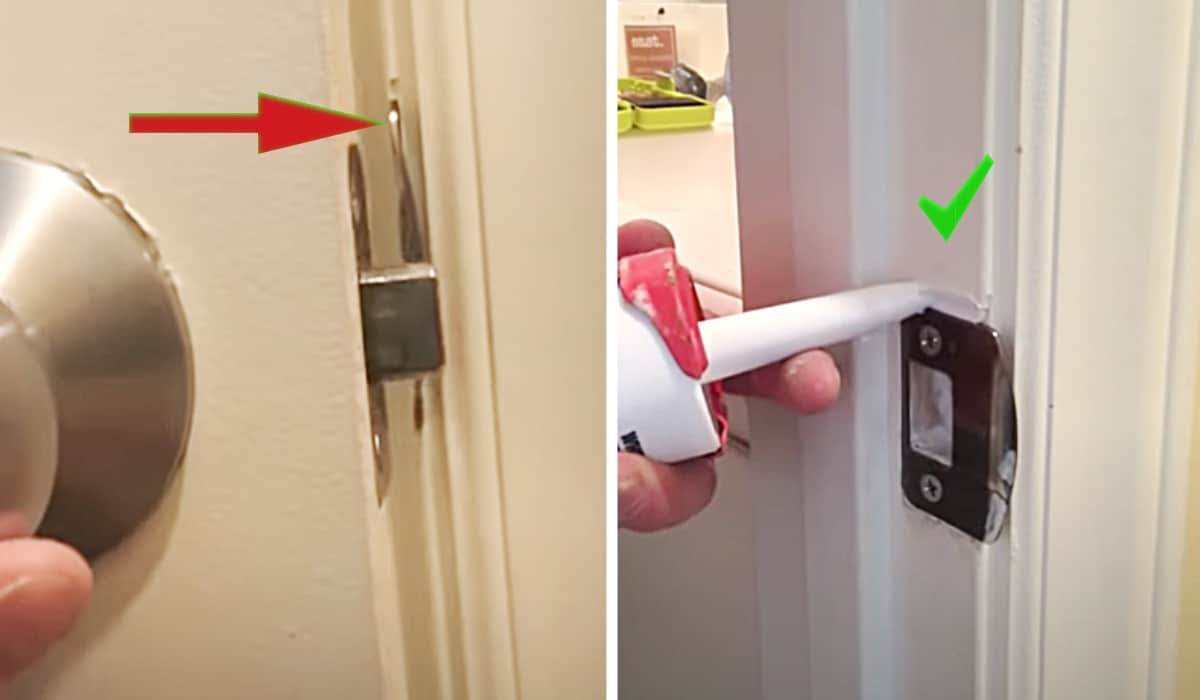
When it comes to designing your home, details matter. From the color of the walls to the furniture, each element plays a role in creating a cohesive and inviting space. One often overlooked detail is the interior door latch mechanism . While it may seem like a small and insignificant part of the overall design, the right latch mechanism can elevate the look and functionality of your home. In this article, we will discuss the importance of choosing the right interior door latch mechanism and provide tips on how to make the best decision for your home.
Consider the Style of Your Home
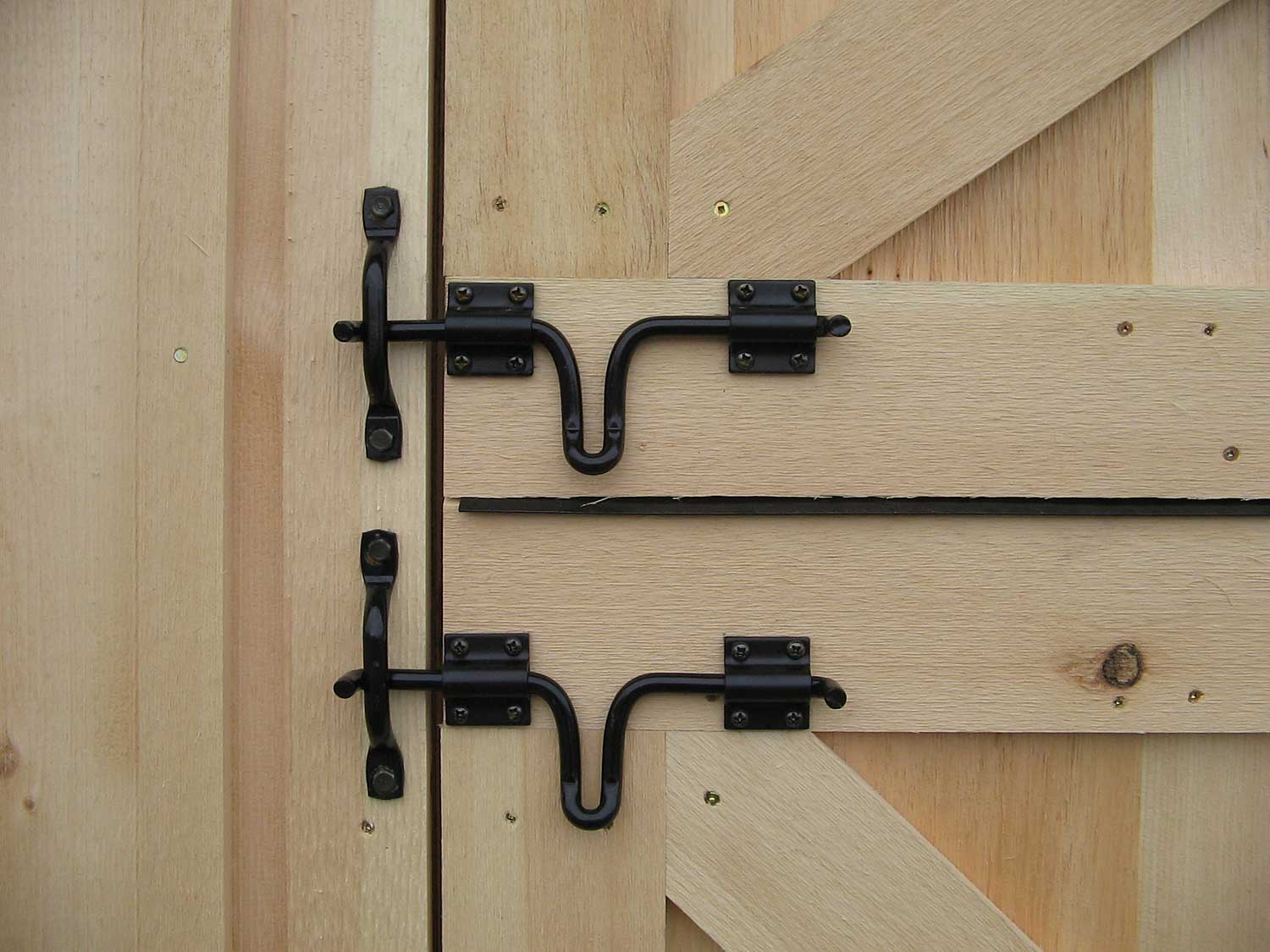
The first step in choosing the right interior door latch mechanism is to consider the style of your home. Are you going for a modern and sleek look or a more traditional and classic feel? The latch mechanism should complement the overall aesthetic of your home. For modern homes, a minimalist latch with clean lines and a brushed nickel finish would be a great choice. On the other hand, for a more traditional home, a latch with a bronze finish and intricate detailing would be a better fit.
Functionality is Key

While style is important, the latch mechanism's functionality should not be overlooked. Consider the purpose of each door in your home and choose a latch mechanism accordingly. For example, for a bathroom door, a privacy latch with a lock would be necessary, while a passage latch would suffice for a bedroom or closet door. You should also consider the size and weight of the door when choosing a latch mechanism to ensure it can handle the weight and movement of the door without any issues.
Quality and Durability

Investing in a high-quality interior door latch mechanism is essential for the longevity and functionality of your doors. Look for latches made from stainless steel or solid brass to ensure durability. These materials are also resistant to rust and corrosion, making them a great choice for areas with high humidity or moisture, such as bathrooms and kitchens. Additionally, choose a latch with a warranty to give you peace of mind and protect your investment.
Consider Accessibility

For those with mobility issues, choosing a latch mechanism that is ADA-compliant is crucial. These latches have a larger grip and are easier to turn, making them accessible for everyone. They also come in a variety of styles and finishes, so you don't have to sacrifice style for accessibility.
Overall, choosing the right interior door latch mechanism for your home is a decision that should not be taken lightly. Consider the style, functionality, quality, and accessibility to ensure you make the best choice for your space. With the right latch mechanism, you can add both functionality and style to your home's design.







